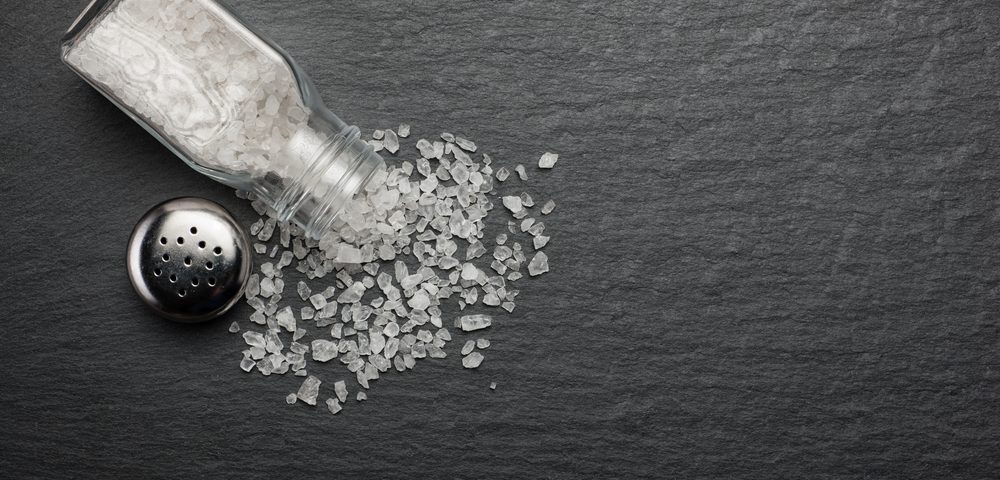Limiting the consumption of salt lead to reduced blood pressure in patients with chronic kidney disease (CKD), new research suggests.
The findings will be published in an upcoming issue of the Clinical Journal of the American Society of Nephrology (CJASN) in a study titled “A Randomized Crossover Trial of Dietary Sodium Restriction in Stage 3–4 CKD.”
Patients with CKD often suffer from hypertension and volume expansion — an increased amount of body fluid that develops when people eat too much salt (sodium) or have impaired kidney function.
Reducing fluid volume and blood pressure are critical to slowing the progression of chronic kidney disease.
Even though increased levels of this fluid are directly associated with elevated blood pressure, few controlled studies have evaluated the effects of a sodium-restricted diet in patients with CKD, the authors write.
To evaluate whether a sodium-restricted diet might have a significant positive impact in these patients, a University of Michigan research team conducted a randomized trial with 58 adults with CKD who were either assigned a sodium-restricted diet (less than 2 grams of sodium a day) or maintained their usual diet for a period of four weeks. This was followed by a two-week washout period before patients crossed over to the other diet.
To help patients stick to these dietary changes, researchers did not give patients any precooked low-sodium meals during the sodium restriction phase; instead, patients were counseled every two weeks with motivational interviewing techniques.
The team found that sodium intake was reduced during the restriction phase in 79% of the participants; in 65% of the patients, the reduction on sodium intake was higher than 20 percent. During the sodium restriction phase, CKD patients experienced an average reduction of 11 mmHg in systolic blood pressure and an average reduction of one liter in volume.
“We found that reducing sodium in the diet helps to significantly reduce blood pressure and reduce the excess fluid retention that is common among patients with kidney disease,” Rajiv Saran, MD, lead author of the study, said in a press release.
“This did not require complicated precooked meals and was simply based on common-sense advice given by trained dieticians that helps patients understand what it takes to reduce salt in their diets and what the potential benefits are likely to be,” Saran added.
The lead investigator noted that, if applied diligently, this simple dietary intervention can help patients take fewer blood pressure medications in the long run.
The authors added that in their opinion, these findings merit a larger trial in CKD patients to evaluate additional effects on major clinical outcomes.

